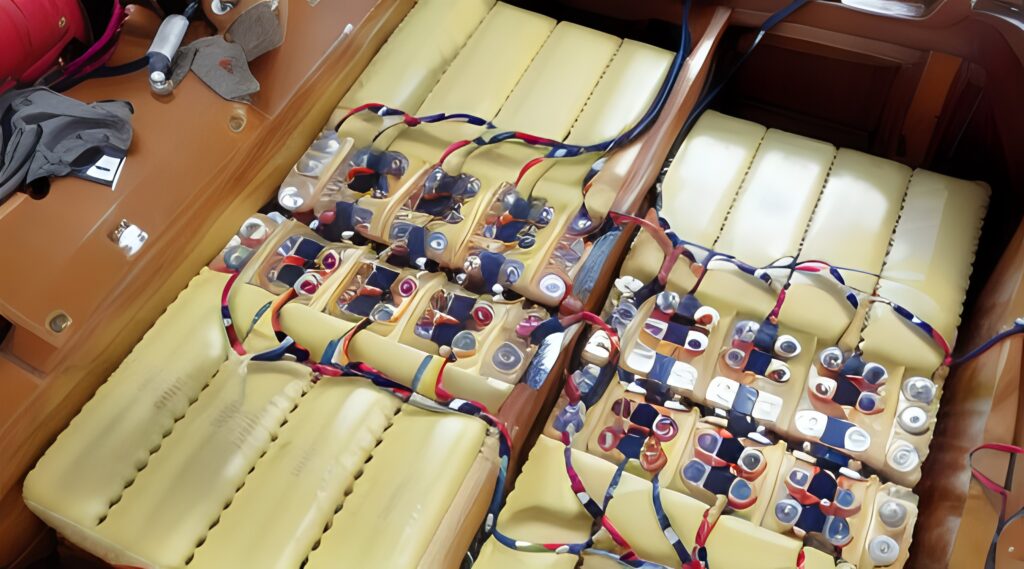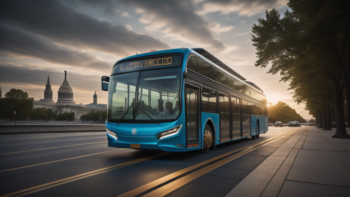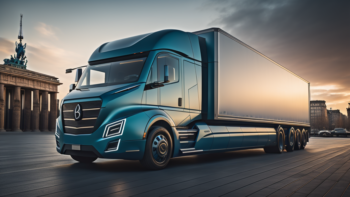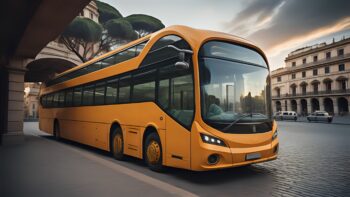
Electric Boat Battery
Listing Category by product
Electric boat battery manufacturers
Electric boat battery manufacturers are at the forefront of driving innovation, hese companies specialize in crafting high-capacity, durable batteries tailored to the unique demands of marine environments. With a focus on energy efficiency and sustainability, they are enabling the widespread adoption of electric propulsion systems, ushering in a new era of clean and quiet boating experiences.
Exploring electric boat batteries
Electric boat batteries Manufacturers are integral components of electric propulsion systems, powering the electric motors that drive boats and marine vessels. These batteries are designed to deliver reliable and efficient performance while minimizing environmental impact. Here are some key features and considerations:
- Chemistry and technology: An electric boat battery commonly employ advanced lithium-ion (Li-ion) or lithium iron phosphate (LiFePO4) chemistry. These technologies offer high energy density, lightweight construction, and long cycle life, ideal for marine applications. Additionally, some batteries may utilize cutting-edge innovations like solid-state electrolytes for enhanced safety and durability.
- Voltage and capacity: Electric boat batteries are available in various voltage ratings and capacities to meet the power demands of different vessels. Higher voltage batteries provide increased power output, while larger capacity batteries offer extended range and operating time between charges. Proper sizing and configuration are essential to ensure optimal performance and efficiency.
- Installation and integration: Installing electric boat battery requires careful consideration of space, weight distribution, and electrical compatibility. Batteries may be configured in single or multiple banks, strategically positioned to maintain stability and balance onboard. Integration with onboard systems, including charging infrastructure and power management, is crucial for seamless operation.
- Charging and range: Charging electric boat batteries can be achieved through shore power connections, solar panels, or onboard generators. Charging times vary based on battery capacity, charging method, and available power sources. Maximizing range and endurance involves efficient energy management, including optimizing cruising speed and utilizing regenerative braking or sailing modes where applicable.
- Safety and environmental impact: Electric boat battery incorporate robust safety features such as thermal management systems, overcharge protection, and fail-safe mechanisms to ensure reliable and secure operation. Additionally, their emission-free operation contributes to cleaner and quieter boating experiences, reducing air and water pollution and minimizing ecological footprint.
- Performance and reliability: Electric boat battery undergo rigorous testing and quality assurance to ensure durability, reliability, and longevity in harsh marine environments. Factors such as temperature resistance, waterproofing, and corrosion protection are essential for maintaining performance and safety over the battery’s lifespan.
- Future developments: Ongoing research and development in battery technology aim to further enhance energy density, charging speed, and overall efficiency. Innovations such as solid-state batteries, graphene-based electrodes, and advanced thermal management systems hold promise for future generations of electric boat batteries, driving continued advancements in electric propulsion technology.
Electric boat batteries play a pivotal role in enabling sustainable and efficient marine transportation. With ongoing advancements in technology and increasing adoption of electric propulsion systems, electric boat batteries are poised to revolutionize the boating industry, offering cleaner, quieter, and more environmentally friendly alternatives to traditional combustion engines.

















